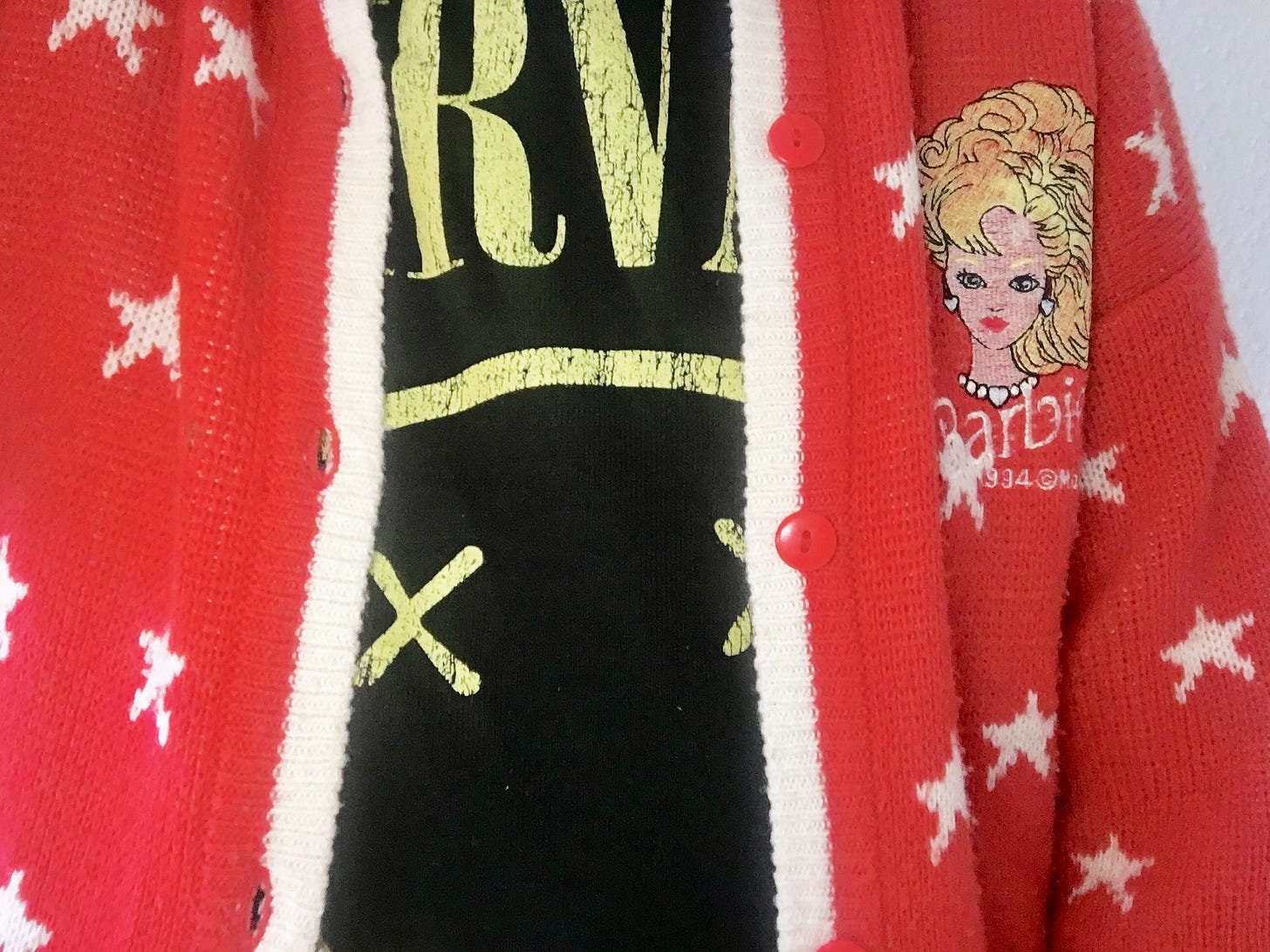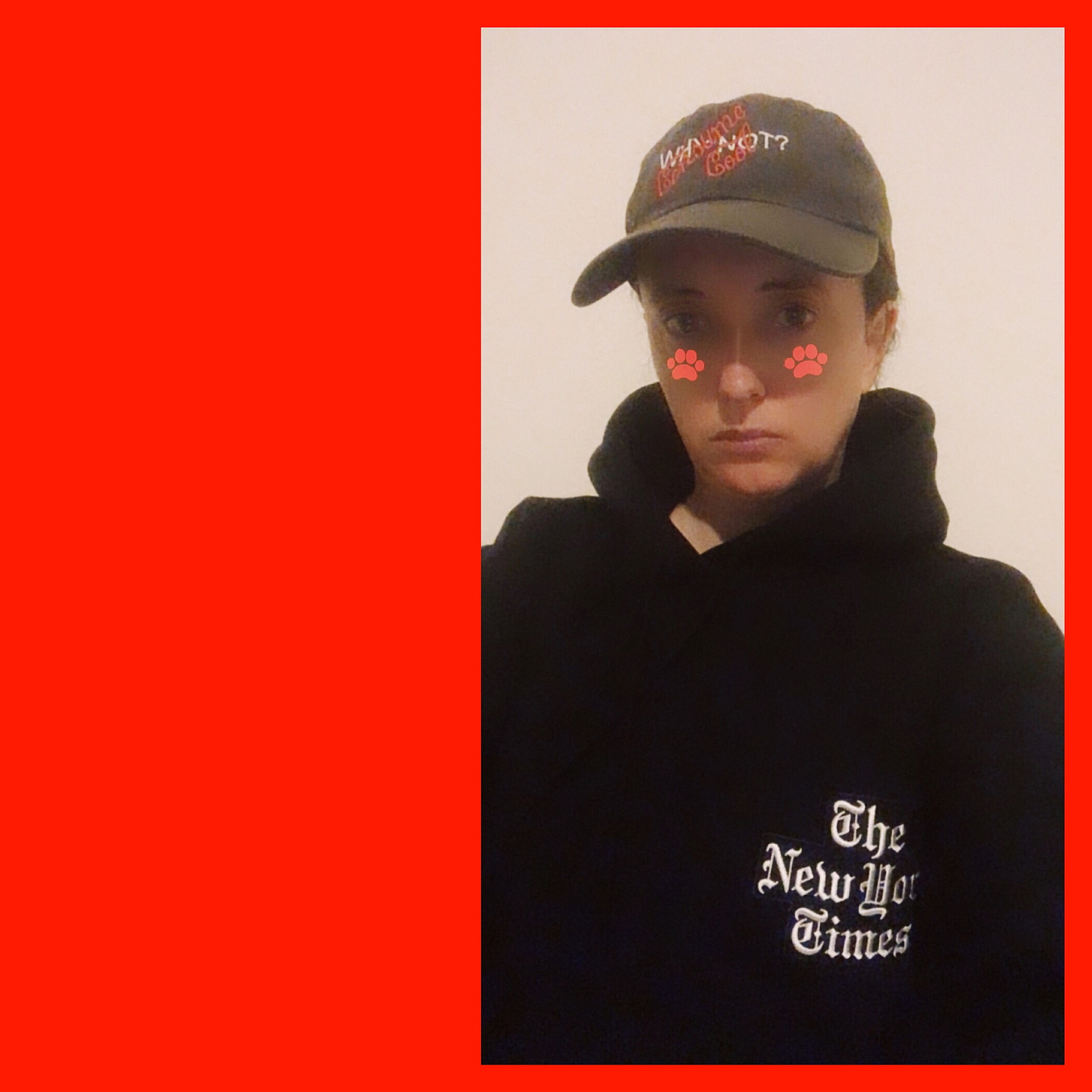“I don't like Taylor Swift.” I don't know how many times I've heard that sentence this year. “I can't relate to Taylor Swift.” I don't know how many times that sentence followed. My reaction was always a question: “Have you ever listened to her music?” At some point, I realized that the answer would always be the same: “No, I just can't relate to Taylor Swift.” That doesn't have to be the case, but how can someone form an opinion without even listening to the music?
The most beautiful explanation for why I and so many other people like Taylor Swift was given by her herself when she spoke with a radio host about coffee.
Radio host: I never tasted coffee. I don’t drink coffee.
Taylor Swift: Like, you never even tried it?
Radio host: No, never.
Taylor Swift: I’m judging you.
Radio host: No, I never tried coffee.
Taylor Swift: Why wouldn’t you even try it just one time to… Just like, oh, I think… okay, I tried it now!
Radio host: Because it smells bad. I never tasted beer either.
(...)
Taylor Swift: It’s less about the taste and more about the experience. It becomes like a security blanket almost.
Or, as TIME Magazine put it when they named Taylor Swift the TIME Person of the Year in 2023: “In a divided world, where too many institutions are failing, Taylor Swift found a way to transcend borders and be a source of light. No one else on the planet today can move so many people so well.”
How did I end up on this topic right now? On Christmas Eve, I stumbled across an Instagram post that mentioned a piece about Taylor Swift in the latest issue of the art magazine Spike. That’s pretty unusual; the theme of this issue is actually “Post-Cool.” I could see that the title of the article was “Taylor Swift’s Cardigan Generation” (I like cardigans.), and that a still from the music video for “Anti-Hero” (This is one of my favorite songs.) was used as the cover image (Swift is standing next to a blackboard and pointing with a stick at the words EVERYONE WILL BETRAY YOU.). I was so curious to read the article and so far from the possibility of getting a print copy that I quickly signed up for a digital subscription.
Since I saw Taylor Swift live in Hamburg two times in a row this summer, I've been hearing from friends and acquaintances that I don't look like a Taylor Swift fan at all. An artist friend recently asked me if this was my version of normcore. And since then, I've decided to write a long piece about why Taylor Swift is important for feminism.
Today’s newsletter will not be that long piece.
Instead, I would like to briefly reference some texts on feminism and other topics that I've read very recently—yes, I’m still preparing to write the long piece.
Tavi Gevinson released the zine “Fan Fiction – a satire” in April, which can be read for free online. You guessed it—it's about Taylor Swift. Here’s an excerpt.
With each Era, she gave us the chance to relive our own. By dressing up as different Eras, we also played our younger selves. When we sang along, we imitated the voice we know so well from the recordings, and the people we were when we first heard it sing our prayers. And this of course was the story all along: not life as a movie, not relationships as a story, but the story as a new relationship—with the fans, for the fans, the “longest and best relationship [she has] ever had.”
And here’s an excerpt from an interview with Tavi Gevinson in Vulture, explaining why Taylor Swift:
I have a lot of favorite artists, but I think her music invites close reading and inspires obsession. I related to her ongoing project of writing about her life from a young age for public consumption. Her work, and her as a figure, have captured my imagination for a long time and given me a sort of structure in thinking and writing about my own experiences.
Here’s an excerpt from the text “Taylor Swift’s Cardigan Generation” in Spike by Kristian Vistrup Madsen:
Swift gives voice to a generation of millennials that went looking for sex in the city—emancipation, self-actualization, consumer freedom—only to find that, for the first time in over a century of modernity, they might genuinely have been better off staying at home.
I also listened to the first three episodes of the new podcast “Not Gonna Lie” by Kylie Kelce. For those who don't know: Kylie Kelce is the wife of Jason Kelce, who is the brother of Taylor Swift's boyfriend, Travis Kelce. The podcast covers topics such as women, sports, and motherhood. The good news is that the podcast is only about 45 minutes long because, as Kylie Kelce says, women don't have time to listen to long-winded podcasts like men do. She couldn't have had a more successful start: she has surpassed Joe Rogan in the podcast charts.
Since we're on the topic of long conversations: Over Christmas, I finally had the time to listen to the Doomscroll episode featuring Matty Healy from 1975. It lasts 2 hours, 32 minutes, and 19 seconds, plus some commercial breaks on YouTube. It is probably the most interesting conversation in Joshua Citarella’s series so far, closely followed by Daniel Keller and Trevor Paglen. The topic is pop culture in the 21st century, and that’s exactly what it’s about. Matty Healy and Joshua Citarella discuss what topics need to be addressed: Mark Fisher and lost futures, social media and context collapse, art and literalism (Brad Troemel), millennials and subcultures, neoliberalism and commodification, and music and consumption. It’s very likely that I’ve forgotten something. Oh, they didn’t really talk about Taylor Swift, but a little bit. I’m sure everyone has seen those two clips on Instagram by now. And now we also know that the new album by 1975 will not be about Taylor Swift.
In the online edition of Monopol Magazine, Elke Buhr, the editor-in-chief, has written an important article about patriarchy and the art world. Here’s an excerpt:
In the progressive contemporary art world, patriarchy seems to be slowly becoming a thing of the past. However, this very change provokes a backlash. Journalist Susanne Kaiser has referred to this fatal connection in her book “Backlash” as a feminist paradox: the stronger women become, the stronger the resistance. The verbal attacks against Süßmilch and Holzinger are merely a reflection of the societal violence against women and those perceived as female, which has been demonstrably increasing for years: in partnerships and families, even among academically educated upper classes, where men struggle to cope with higher-earning women. Online, progressive female politicians and journalists face much greater waves of hate than their male colleagues.
By the way, when you tell men that you face hate when you tweet like they do, they explain that they can’t imagine that, and the one woman they talked to about the topic has very different experiences.
And that’s why, along with many other reasons, I have been working for the past few weeks with artists Leah Schrager and Margaret Murphy on an exhibition about feminism, which will also be displayed online in an institution. Those who read this newsletter regularly can already guess which exhibition will be revived for the ten-year anniversary at the beginning of 2025.
More on that next time. In the meantime, I want to thank everyone who has encouraged me to write, curate, and teach more. I appreciate all those who have commissioned texts, invited me to their university to teach, and offered to showcase exhibitions.
Love, Anika






